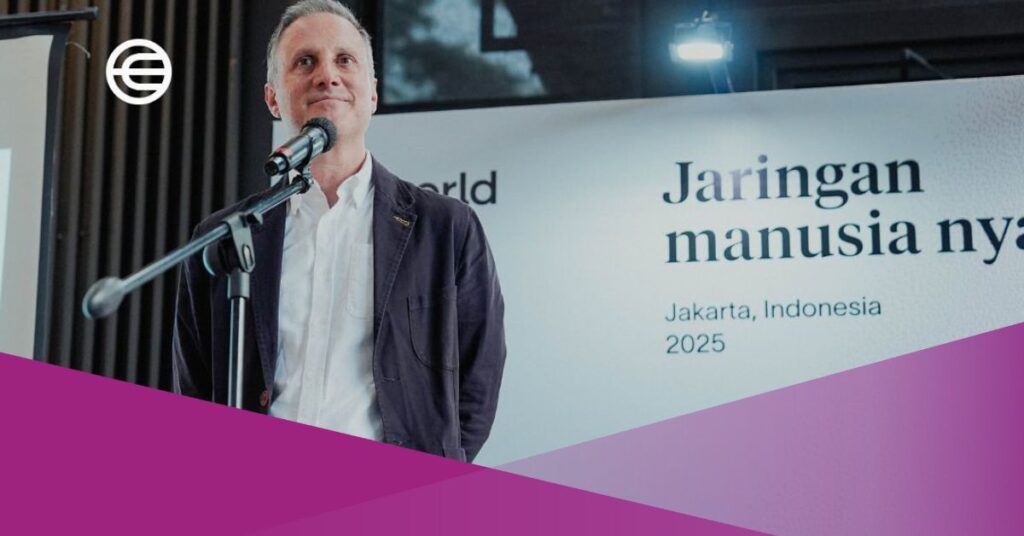Tapera, a topic of significant interest among Indonesian workers, is now making its way into the lives of expats in Indonesia. Understanding its implications is crucial for foreign workers. What does this mean for you?
What is Tapera?
Provisions regarding mandatory contributions to the Public Housing Savings Fund (Tapera) for workers are being discussed. The regulation in question is Government Regulation (PP) Number 21 of 2024, concerning Amendments to Government Regulation Number 25 of 2020 concerning the Implementation of Public Housing Savings.
Responding to this provision, BP Tapera Commissioner Heru Pudyo Nugroho said that Tapera contributions are deposits of participants, such as workers, which are deposited periodically within a certain period.
When the participation period ends, Heru ensures that the funds deposited by the participants, namely the principal and the results of its development, will be returned.
“The funds returned to Tapera participants when their participation period ends, in the form of several principal deposits along with the results of their fertilization,” Heru said, as quoted from Kompas.
For information, the provisions regarding the obligation of Tapera contributions for workers, including civil servants, TNI-Polri, BUMN employees, and private workers, are in the spotlight.
As explained in Article 15 of PP Number 21 of 2024, participant deposits are set at 3 percent of salary or wages for worker participants. The employer pays 0.5 percent, and the worker bears 2.5 percent.
Meanwhile, for independent worker participants, the deductions that must be paid are adjusted to the reported income. What is meant by worker is every person who works by receiving wages or rewards in other forms in accordance with statutory provisions.
Then, an independent worker is every Indonesian citizen who works without relying on an employer for income.
Heru Pudyo Nugroho further explained that people who fall into the low-income category and do not have their first home can apply for Tapera financing benefits as long as they have become participants.
In managing the funds, BP Tapera prioritizes transparency and accountability by the principles of Good Corporate Governance (GCG) and receives direct supervision from the Tapera Committee, the Financial Services Authority, and the Supreme Audit Agency.
Tapera for foreign workers
The Indonesian government will continue to require foreign workers or foreign laborers to pay public housing savings contributions.
The affirmation of the obligation of foreign workers to pay Tapera contributions was conveyed by the Public Housing Savings Management Agency (BP Tapera).
BP Tapera Commissioner Adi Setianto told Kontan that the mandatory Tapera rules apply to all local and foreign workers.
According to Adi, foreign workers who work in the territory of the Unitary State of the Republic of Indonesia (NKRI) for at least six months must become participants.
“They (foreign workers) are obliged to join Tapera. It is mutual cooperation because they have income here, so yes, they will work together,” he said.
According to Adi, foreign participants in the program can reclaim withdrawn funds from BP Tapera upon expiring their work contract in Indonesia and returning to their home country.
When will Tapera be implemented?
In the rules of the Government Regulation on the Implementation of Public Housing Savings article 68 emphasizes that employers must register their workers with BP Tapera no later than seven years from the date of enactment of PP 25/2020, which was May 20, 2020. This means that the registration must be carried out by the employer starting in 2027.
Article 14 states that the employer and the workers pay the deposits of worker participants for the program. Meanwhile, the deposits of independent worker participants are paid by the independent workers or freelancers themselves.
Employers are required to deposit every month by the 10th of the month following the month of the deposit in question to the Tapera Fund Account, much like BPJS. For independent workers or freelancers, it is the same every 10th. If the 10th is a holiday, the deposit is paid on the first working day after the holiday.

































